|
What does it take to be an ally? I love this list from the GLAAD website that shows ten ways you can be an ally to your LGBTQIA+ community.
1.Be a listener. 2.Be open-minded. 3.Be willing to talk. 4.Be inclusive and invite LGBT friends to hang out with your friends and family. 5.Don't assume that all your friends and co-workers are straight. Someone close to you could be looking for support in their coming-out process. Not making assumptions will give them the space they need. (I’ll add - Don’t assume pronouns or that everyone identifies as man or woman). 6.Anti-LGBT comments and jokes are harmful. Let your friends, family, and co-workers know that you find them offensive. 7.Confront your own prejudices and bias, even if it is uncomfortable to do so. 8.Defend your LGBT friends against discrimination. 9.Believe that all people should be treated with dignity and respect, including those who identify as a different gender or sexual orientation from you 10.If you see LGBT people being misrepresented in the media, contact glaad.org.
0 Comments
Last month, the United Methodist Church voted to uphold its ban on gay and lesbian clergy and same-sex marriage. However, the majority of the Methodist leaders in the US are supportive of same-sex couples and voted to change the church’s position.
The closeness of the vote—53 percent to 47 percent—is reflective of the number of Christian pastors and leaders in the US who have studied the same scriptures, and concluded that same-sex marriage is compatible with Christian teaching. Which raises the question, “How is it possible for prayerful, faithful Christians to study the same Biblical texts, and yet arrive at different conclusions?” The word ‘empathy’ gets thrown around a lot these days, but what does it really mean? Let’s start with what empathy is not. Empathy is not feeling sorry or pity for someone. It’s not feeling sympathy, which is feeling compassion for what someone is going through. It’s also not mind reading! Empathy is not simply offering verbal affirmations when you know someone is hurt or upset, and it’s not trying to fix or problem-solve someone’s emotional experiences. Empathy is also not just a base level of understanding; it moves beyond understanding and experiencing something intellectually to actually feeling the experience in your body and heart as well. If sympathy is feeling for, empathy is feeling with. If you are empathizing, you’ll feel the feelings that you’d actually be experiencing if you were going through what someone else is. One definition that I love comes from Brené Brown: “Empathy is simply listening, holding space, withholding judgement, emotionally connecting, and communicating that incredibly healing message of you’re not alone.” Empathy is moving beyond being a witness to a sense of withness. When people experience your empathy, they’re less likely to feel alone or invalidated. St. Benedict also said it beautifully: “Listen and attend with the ear of your heart.”
Caleb's Story:
Jesus loves me, this I know, for the Bible tells me so.  As a child growing up in Catholic school, I heard this song a lot. As it was hammered into me, day in and day out, I held the lyric as a foundation as my faith grew up around it. It started with pure and simple thinking about how God (the overarching name of God the Father, Jesus, and the Holy Spirit) would always love me. It seemed a very easy fact to put into my knowledge bank. God loves me, I get it Ms. Riley, now onto the next lesson. Subtraction seems to be a little hard--can’t we focus on that a little longer? Some kids struggled with this lesson more than me. Justin: But what if I am bad? Ms. Riley: He loves you. Nick: What if I am different? Ms. Riley: He loves you. To misquote a favorite novel of mine: God will love you in a box, with a fox, He will love you here AND there. He will love you ANYWHERE. It’s not that hard, people. There aren’t exceptions. No loopholes. God loves you. Empathy as a Superpower?Recently Krista Xiomara invited me to be a guest on her splashy new podcast "I'm Awake, Now What?" where we tour the in's and out's of empathy and Christian practices. In Part One, we discuss the neuroscience of empathy and what happens in our brain when we feel another's pain. At one point Krista comments, "So empathy is like a superpower!" And that idea makes us laugh (and cry) because, of course, superpowers can either grow us or destroy us. "Superpowers can either grow us or destroy us." It's not life-giving to experience each other's pain unless we know what to do with it. And because social pain travels some of the same neural pathways as physical pain, it impacts our physical health. But we're living in an exciting time where we're coming to understand what to do with pain so it grows us (instead of destroys us). Through fMRI technology, we can watch our gray matter growing in real time as new synaptic connections are formed through practices like prayer, meditation, and empathetic interactions with others. Today's science is reintroducing us to what Christian communities have known for centuries: spiritual practices transform our pain. It may sound simple, but it's not easy; the trails leading to spiritual health and wellness are not always places we're inclined to go which is why we guides pointing out the trails. For the Christian, this is we mean by "following Jesus". Without a trail guide, our brains and bodies have the tendency to wander about, untethered to the spirit of Christ in us, mistaking own personal likes and dislikes for divine moral imperatives. In Part Two, we discuss the implications of this by examining the use of the word "homosexuality" in modern English translations. Empathy is an essential companion for anyone who wishes to read and understand the scriptures plainly and apply their wisdom to the health and wellness of ourselves and our neighbors. For more on Biblical interpretation and empathy, the Human Empathy Project has compiled some additional resources. Listen to the full episodes of my conversation with Krista on "I'm Awake, Now What". And if you're a pastor, faith leader, or Christian parent of an LGBTQ+ loved one in need of a confidential place to talk, check out our free, private consultations.
Book Review: Torn by Justin Lee |




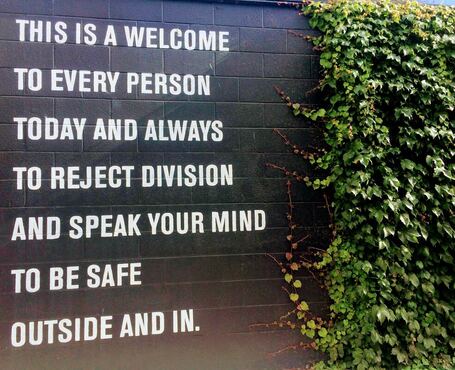
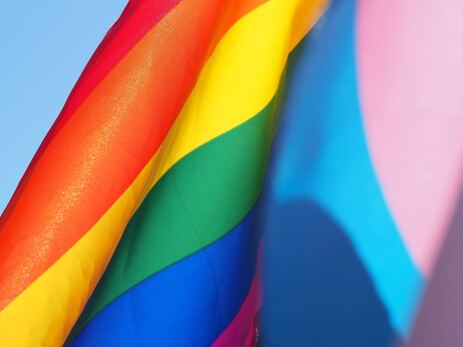
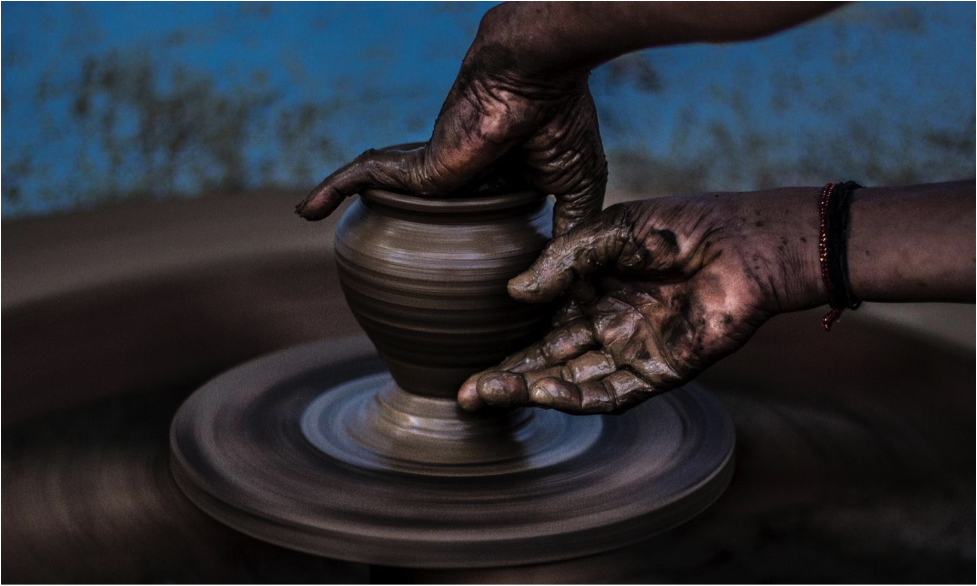



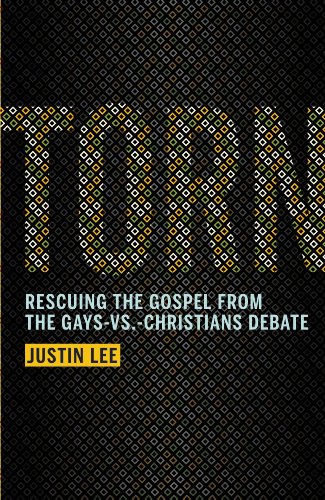
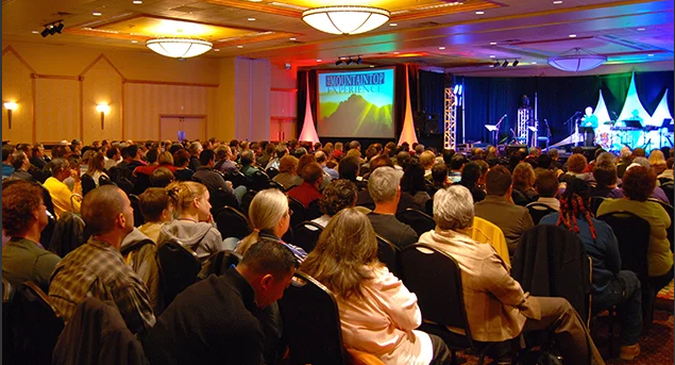



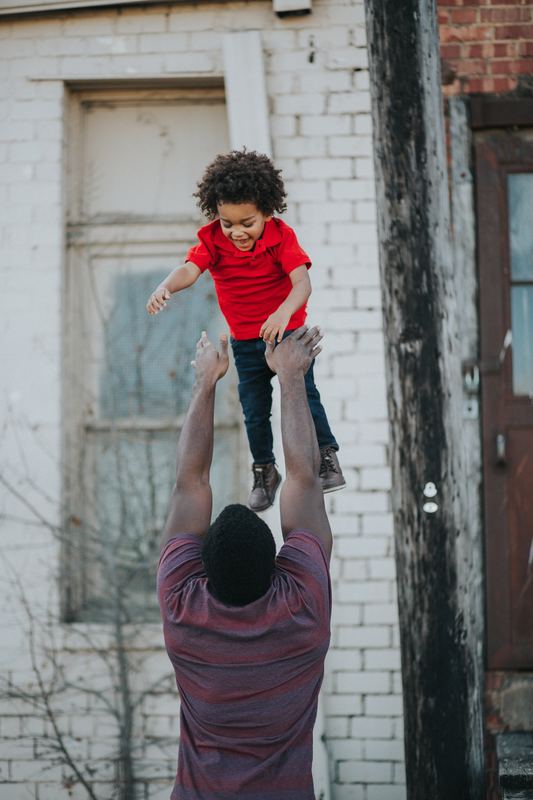
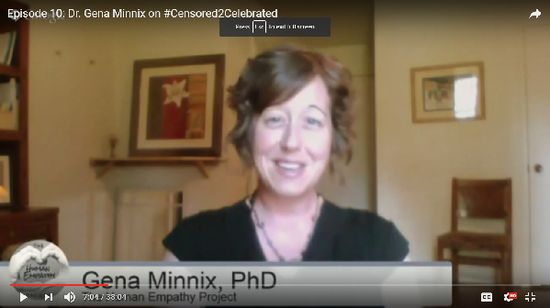

 RSS Feed
RSS Feed
